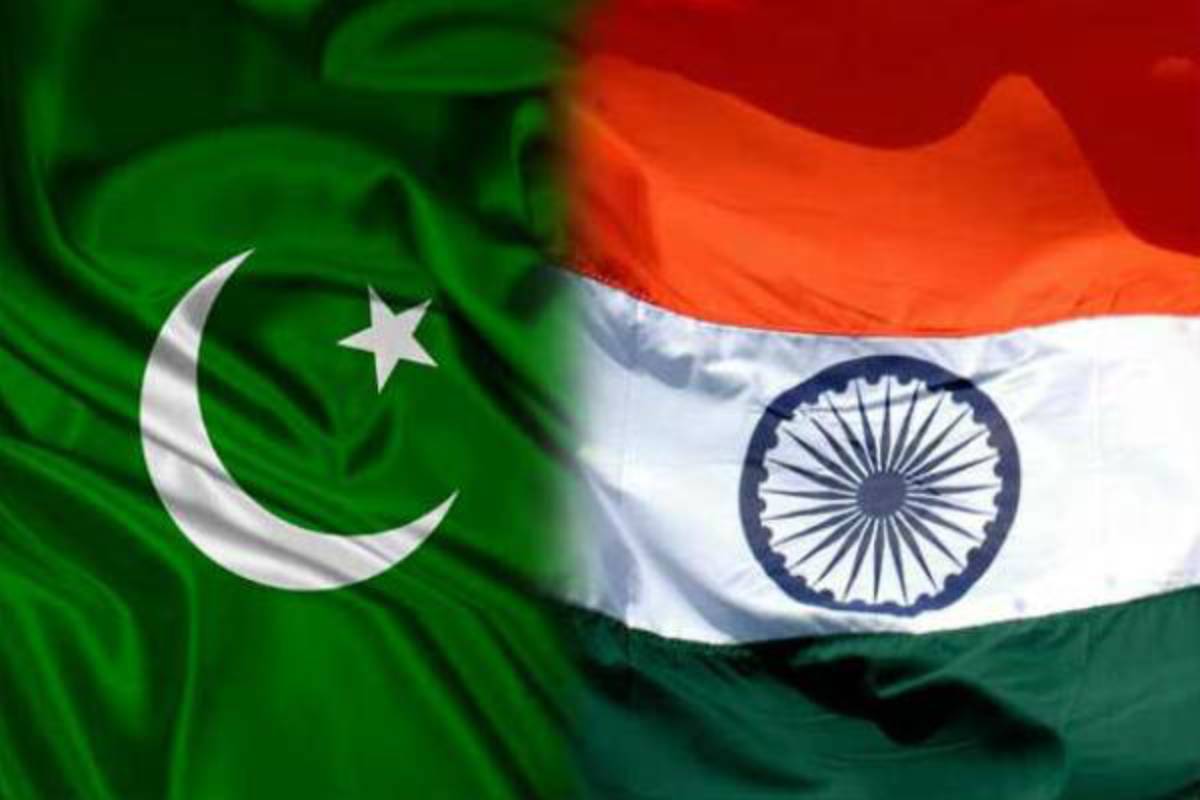In world fraught with geopolitical tensions and animosity, the regular exchange of lists between India and Pakistan stands out as a unique ritual, showcasing a commitment to maintain communication even in times of strained relations. The recent 33rd consecutive exchange of lists of nuclear installations, prisoners, and fishermen between the two nuclear-armed neighbours is a testament to the endurance of diplomatic protocols established more than three decades ago. The exchange, rooted in the Agreement on the Prohibition of Attack against Nuclear Installations and Facilities signed in 1988, underscores a shared understanding of the catastrophic consequences that a nuclear conflict would unleash. While both countries remain tight-lipped about specific details of the installations, the mutual acknowledgment of the need for a degree of transparency in this critical area is a commendable aspect of this ritual.
It serves as a stabilising force, fostering an environment where dialogue on nuclear-related concerns can persist despite broader geopolitical challenges. The lists of civilian prisoners and fishermen exchanged twice a year add another layer to this intricate diplomatic dance. Amidst the political posturing and historical grievances, the act of sharing names, albeit devoid of personal details, reflects recognition of the human element within the broader geopolitical landscape. It is a reminder that beyond the grand narratives of statecraft, there are individuals caught in the crossfire, awaiting repatriation and consular access. The call from India for the expedited release of 184 Indian fishermen and access to 12 prisoners believed to be Indian nationals underscores the humanitarian aspect of this exchange. The reciprocal request from Pakistan for the release and repatriation of its prisoners and fishermen, coupled with consular access, highlights a shared concern for the welfare of those detained on this side. Despite the absence of formal dialogue between India and Pakistan since the 2008 Mumbai attack, the consistent exchange of these lists reflects a commitment to address humanitarian matters. It becomes evident that even in the absence of high-level talks, back-channel contacts and intelligence-driven interactions have played a pivotal role.
Advertisement
The revival of the ceasefire on the Line of Control in February 2021, a result of such contacts, demonstrates the resilience of diplomatic efforts in the face of adversities. However, challenges persist. The shadow of past terrorist attacks and the complex historical backdrop continue to hinder sustained talks. The delicate balance of diplomatic overtures and security concerns is evident in the cautionary tone of both nations. The 2019 Pulwama attack and subsequent escalations underscore the fragility of the situation, requiring delicate diplomatic manoeuvring to avoid descending into hostilities. As the two nations navigate a complex geopolitical terrain, the exchange of lists remains a glimmer of hope, a reminder that amidst the tumultuous relationship, a diplomatic thread endures. It is a small yet crucial step towards fostering an environment where dialogue, however cautious, prevails over confrontation











